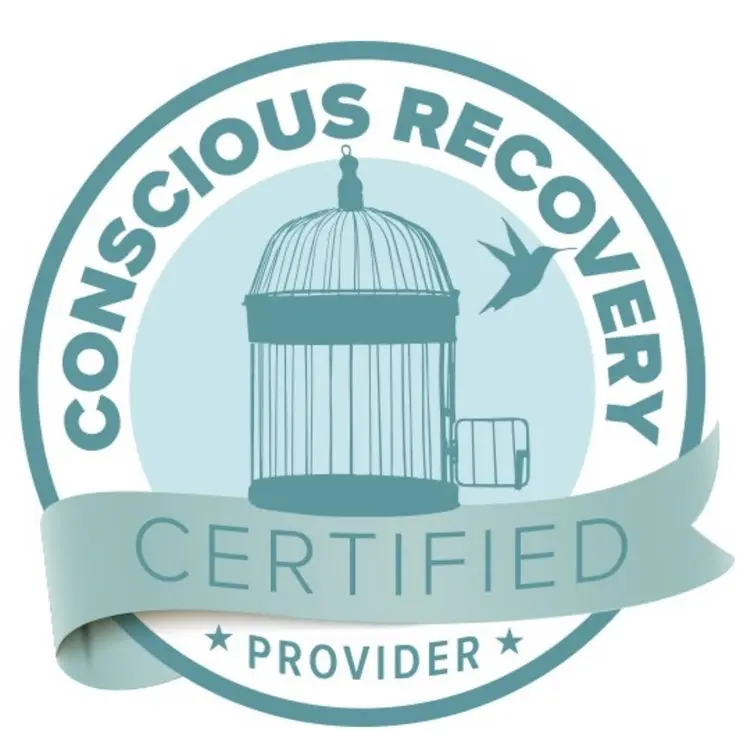Cognitive behavioral therapy (CBT) is a powerful and effective form of treatment for individuals grappling with a range of emotional and psychological challenges. Its efficacy lies in its structured, goal-oriented approach that helps individuals identify and challenge negative thought patterns and behaviors that contribute to their distress. CBT is renowned for its versatility, making it an excellent modality for treating a wide array of conditions. By focusing on altering thought patterns and behaviors, CBT empowers individuals to enact positive changes in their lives, leading to improved mental health and well-being.
Monima Wellness specializes in trauma and mental health treatment for women in San Diego, offering a variety of therapeutic modalities to promote healing, including CBT.

Cognitive behavioral therapy is a form of psychotherapy that has revolutionized the field of mental health since its inception in the 1960s with the pioneering work of psychiatrist Aaron T. Beck. Initially developed by Aaron T. Beck in the 1960s as a treatment for depression, Beck observed that patients often harbored negative thoughts that influenced their feelings and behaviors. This observation led to the development of a solution to challenge these negative thought patterns to improve emotional regulation and behavior.
Over the decades, CBT has evolved and expanded its scope to treat a variety of mental health conditions, including anxiety, phobias, and stress-related disorders. Its efficacy, supported by a robust body of research, has led to its endorsement by mental health professionals worldwide. Today, CBT is one of the most widely used and recommended forms of therapy.
CBT is grounded in the concept that our thoughts, feelings, and behaviors are interconnected and that negative thought patterns can lead to maladaptive behaviors and emotional distress. The therapy focuses on identifying, challenging, and changing these unhelpful thoughts and beliefs, fostering more adaptive behaviors and coping strategies. Key components include:
CBT offers a myriad of benefits, particularly for individuals navigating the aftermath of trauma and battling mental health challenges. Its structured, goal-oriented approach makes it a powerful tool for healing and empowerment. Here are a few of the benefits of CBT for treating women’s trauma and mental health:
Those who have experienced trauma, whether it’s due to violence, abuse, loss, or any other deeply distressing event, often find themselves trapped in a cycle of negative thoughts and emotions. CBT can help by:
Anxiety and depression, common among trauma survivors, can significantly impact one’s quality of life. CBT addresses these issues by:
CBT extends beyond addressing the individual’s internal struggles and enhances interpersonal interactions. This aspect of therapy is especially beneficial in the realm of relationships, where:
CBT’s comprehensive approach to addressing mental health challenges offers a path to recovery that is both empowering and transformative. It equips individuals with the necessary tools to face current challenges and build resilience for the future. This transformation often leads to a positive ripple effect, impacting relationships, careers, and overall life satisfaction.
Cognitive behavioral therapy employs a variety of techniques and approaches designed to help individuals address and overcome their psychological challenges. These methods are central to CBT’s effectiveness, offering practical tools and strategies that individuals can use to modify their thoughts, behaviors, and emotions. Below is an overview of some key CBT exercises that are commonly used:
These exercises are tailored to individual needs and are typically practiced with the guidance of a therapist. Through these techniques, CBT provides a structured and effective approach for individuals to develop coping strategies, improve their mental health, and achieve lasting change.

Nestled in the vibrant community of San Diego, Monima Wellness is a beacon of hope for those navigating the challenges of trauma, addiction, and mental health. Our center is distinguished by:
Contact us to learn more about how our therapy options, including CBT, can help you on your journey to wellness. Our compassionate team is here to guide you through each step of the process, ensuring you receive the care and support you need.
Begin your healing journey with Monima Wellness. Reach out today to explore our therapy programs and find the path that’s right for you.
Find out if Monima is the right treatment center for you or your loved one. Please note: we are an insurance-friendly organization.

